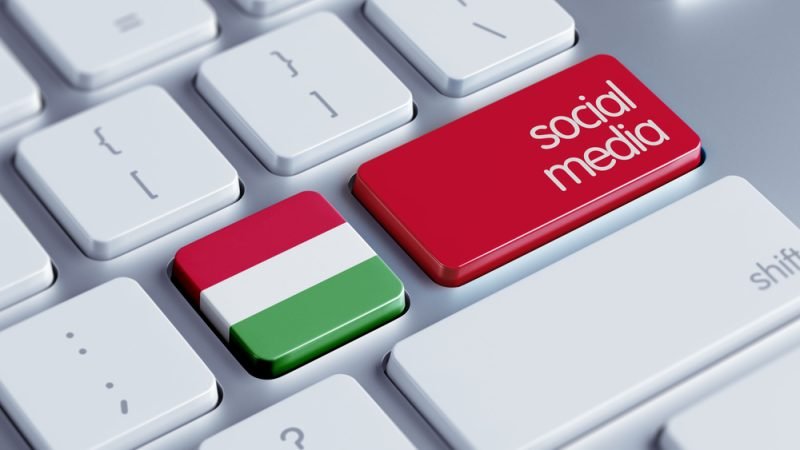Because the regulatory dialog within the European Union about massive social media platforms ramps up, many people residing in more and more authoritarian regimes want to recollect the immense worth proposition of Fb, Twitter, and different websites, writes Zoltán Kész.
Zoltán Kész is the federal government affairs supervisor on the Shopper Selection Middle. He served as an impartial member of the Hungarian Parliament from 2015 to 2018. In 2015, his historic victory at a by-election quickly ended Viktor Orbán’s supermajority.
As a former member of parliament in Hungary, I do know firsthand how the Orbán regime has weaponised media retailers within the nation to serve the aim of presidency propaganda and its reelection campaigns. Many Europeans have seen the crass billboards attacking European establishments and demonizing refugees.
Nonetheless, Orbán’s media leverage goes effectively past billboards that your common Hungarian can ignore: most of our principal information publications act as mouthpieces for the federal government, defaming the opposition or anybody who contradicts government-approved speaking factors.
I acquired this remedy myself after I ran for re-election after I needed to expertise the 2 very excessive instances of being ignored by the native retailers throughout my time period as if I didn’t exist or, because the election neared, a full-scale smear marketing campaign that was launched towards me with no factual foundation.
Macron mulls social media shutdowns to include civil dysfunction French President Emmanuel Macron, struggling to include one other bout of violent protests throughout the nation, met with mayors on Tuesday (4 July) and instructed the concept of regulating or limiting entry to social media, relying on the severity of the state of affairs with the continuing riots.
Just a few impartial media retailers stay in Hungary. In consequence, Hungarians wishing to talk reality to energy have taken to social media websites.
Nowhere else might you even think about straight messaging and tagging elected officers, organizing protests, and sharing experiences that unearth on a regular basis corruption in Hungary?
The Orbán regime makes use of social media to its benefit via a community of paid influencers who echo Fidesz’s narrative.
That stated, social media permits the general public to reply, via feedback and quote-tweets, offering context in a manner they’d be unable to in conventional media. On this sense, social media has democratized the controversy stage — and to a bigger extent, democracy itself.
Understandably, the European Union needs a framework on how social media platforms ought to function within the European market, particularly on content material. In spite of everything, we reside in a rules-based system that desires to carry energy accountable whereas upholding the reality.
Journalism and social media: The position of the EU’s Media Freedom Act As social media platforms have rewritten conventional media’s working playbook, the elemental query the European Media Freedom Act should tackle is one in all energy imbalance, argues Maria Luisa Stasi.
Viktor Orbán and his supporters are adept at spreading lies on social media, so I perceive the intention of tackling misinformation and illicit content material.
That stated, we shouldn’t lose sight of how these platforms have offered a automobile of dissent to those that can not depend on some other media.
When the European Union imposes its regulatory framework for social media giants, whether or not the DSA or DMA, it should contemplate the lived realities of these in authoritarian nations.
Viktor Orbán’s understanding of vital social media regulation differs from what’s mentioned in Brussels. I’ve seen how political majorities can shift drastically and the way the powers of defining illicit content material shift with them.
When discussing social media regulation, we must always view these platforms not as threats but additionally as alternatives for open debate and alternate for residents with no different alternative.
